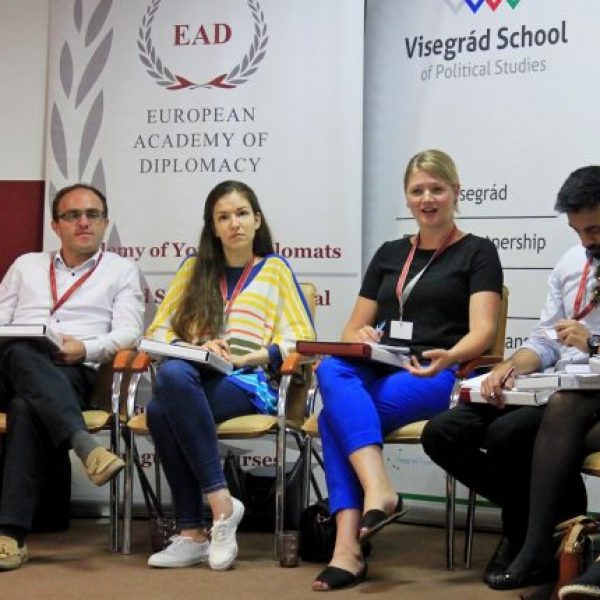Deadline:: 1st September, 2012
Open to: all papers from various disciplines that lead to a better understanding of the recent situation of the youth in CEE
Prize: not specified
Description
The financial crisis and the austerity policies employed to save the Euro-zone have led to demonstrations and unrest among the youth of Southern Europe, while the youth of Central and Eastern Europe has remained relatively calm, despite the fact that some CEE countries were equally effected by the crisis. In the current special issue we would like to shed light on the situation, features, behaviour and attitudes of youth in Central and Eastern Europe. What are the reasons for their muted response? Are they more content with the systems they live inor are the political handing of the crisis and the labour market prospects so much better that there is little need to protest? Is the exit-option still working to prevent people from raising their voice or is there a lack of protest culture, even at the beginning of the 21st century? In general, what kind of consequences has the crisis in Europe had on them and their former strategies for dealing with the educational and labour market situations in their countries, as well as so-called home-made problems which may also be exacerbated by the greater European situation? That is why Emecon issues a call for papers, on the topic:
“Youth in Central and Eastern Europe.” All papers from various disciplines that lead to a better understanding of the recent situation of the youth in CEE are welcome.
Eligibility
Comparative as well as single-country studies are very welcome. The papers should provide:
- analysis of the labour market situation and consequences of the many education reforms since the 1990s;
- how youth in CEE differ socially and politically from elder generations, i.e. is there a widespread middle class emerging with a strong neoliberal pro-market orientation,
- how do young and educated people deal with precarisation and how do the high transnational mobility effects their life, career options and beliefs?
- What explanations do we have for the uneven reactions to the financial crisis in West, Southern Europe and CEE? Is the silence linked to the poor civil society in CEE or
- does the youth have other articulations that escape the attention of the media in the West, such as Krytyka Polityczna in Poland e.g.?
Application
Please submit papers to the editors:
- Prof. Dr. Katharina Bluhm [katharina.bluhm@fuberlin.de] and
- Prof. Dr. Vera Trappmann [vera.trappmann@ovgu.de]


